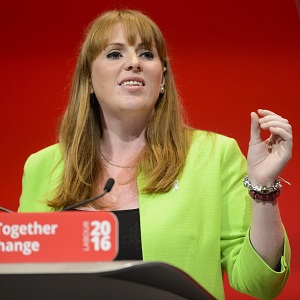Funding for new schools is delivered through an “increasingly incoherent” system, with the government frequently paying “over the odds” for sites and building schools without the “full suite of facilities”, a powerful committee of MPs has warned.
In a new report, out today, the parliamentary public accounts committee (PAC) warns that while free schools are helping meet the need for new school places in some areas, they are creating spare capacity elsewhere, affecting the finances of nearby schools.
The National Audit Office predicts that just over half of the new places planned in mainstream free schools opening between 2015 and 2021 will create ‘spare capacity’ rather than addressing need.
The department still does not know enough about the state of the school estate
The committee also says it is unclear to what extent the schools are supposed to be providing parent choice, addressing local underperformance or deliver needed places.
The report recommends the government be required to announce, for each school, the purpose behind granting it, so that its success can later be evaluated against its original purpose.
During an inquiry into the funding of school buildings, the committee heard from DfE permanent secretary Jonathan Slater that the government had gone “hell for leather” and approved some free schools “a little bit fast” in the early days of the programme.
But MPs remain unconvinced at the current rate of opening also, questioning whether the government’s aim to open 500 new free schools by 2020 is the best use of the “limited funds available”.
The report draws attention to the high cost of acquiring land for free schools, noting the DfE pays on average around 20 per cent more for free school land than official valuations.

In part this is due to the scarcity of land pushing the cost of some free schools into the tens of millions of pounds – with four sites costing more than £30 million each.
Angela Rayner, the shadow education secretary, called the report a “damning verdict on the government’s schools policy”. Union leaders have demanded powers to create new school places be completely handed back to councils.
The report is also highly critical of the maintenance of the rest of the school estate, claiming the department has an “insufficient focus” and addresses only urgent needs rather than preventative work.
The education department has been asked to report back, by the end of December, on the “quality and suitability” of new school buildings provided under both the priority school building programme and free schools programme, including temporary buildings.
The PAC also raises concerns that housing developers may not be paying their fair share towards new school places, and has called for joint efforts by the DfE and Department for Communities and Local Government to crack down on any loopholes which let developers off the hook.








Millions have been wasted in Rutland where the DfE approved a new free school sixth form offering only A levels. There was already an existing one offering a full range of courses. The result: the existing one closed. http://www.localschoolsnetwork.org.uk/2017/04/established-sixth-form-closes-18-months-after-sixth-form-free-school-opens
And that’s just one free school. Factor in proposed free schools which never opened, free schools opened where there were surplus places already, over-the-odds prices paid for sites, free schools opening in substandard or temporary premises, free schools which closed…
Agreed Janet. The whole policy is an uncoordinated shambles and economically unsustainable, especially with the schools funding crisis.
Can we please focus on the real issues that concern our great country, such as Tim Farron’s views on gay sex?
Please note: this is sarcasm rather than my actual opinion.